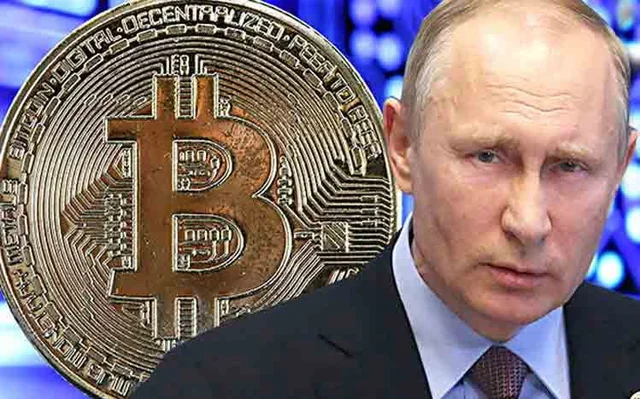Russia has made big moves in the cryptocurrency world. Its upper house of parliament, the Federation Council, approved a new tax law for crypto transactions and mining. This law brings clarity to how cryptocurrencies will be taxed in the country. It also exempts crypto transactions from value-added tax (VAT).
Here’s everything you need to know, broken down in simple terms.
Key Points of the Crypto Tax Law
Recognizing Cryptocurrencies as Property
The new law officially classifies digital currencies as property. This gives cryptocurrencies a legal standing in Russia. It’s a step toward creating a proper system for managing and taxing digital assets.
No VAT on Crypto Transactions
One of the biggest highlights is that crypto transactions are now VAT-free. This change is expected to make it easier for people and businesses to use cryptocurrencies. Without VAT, there’s less financial burden, encouraging more activity in the crypto space.
Income Tax for Crypto Earnings
Income from trading or selling cryptocurrencies will be taxed:
- 13% for most people.
- 15% for those earning more than 2.4 million rubles (about $22,300) annually.
Mining income will also be taxed based on the value of the assets at the time they are received.
Rules for Crypto Miners
Crypto miners and operators must report their activities to tax authorities. Non-compliance could lead to fines of up to 40,000 rubles (around $360). Mining costs like electricity and equipment depreciation can be deducted to reduce tax liability.
Why This Matters
Russia’s new crypto tax rules aim to bring transparency to the sector. The government wants to encourage innovation while keeping control over financial activities.
This law also comes at a time when Russia is looking for ways to work around international sanctions. Cryptocurrencies could play a key role in international trade for the country.
Seasonal Mining Bans
The government is also addressing energy concerns. Crypto mining in Siberia will stop during the winter months to avoid power shortages. Year-round bans are being imposed in certain regions, like the North Caucasus and parts of Ukraine under Russian control.
Cryptocurrency activity in Russia is rising. Research shows an 8% increase in traffic to major crypto exchanges in November. Bitcoin’s high prices and the new tax rules have fueled this surge.
What’s Next for Russia’s Crypto Market?
With clear rules in place, Russia is positioning itself as a major player in the global crypto industry. The new framework balances innovation with oversight. It signals the government’s intention to fully integrate cryptocurrencies into its economy while maintaining control over the sector.
This move aligns with global trends and reflects how countries are adapting to the rise of digital assets. For Russia, it’s about more than just taxes—it’s about staying ahead in the crypto game.


